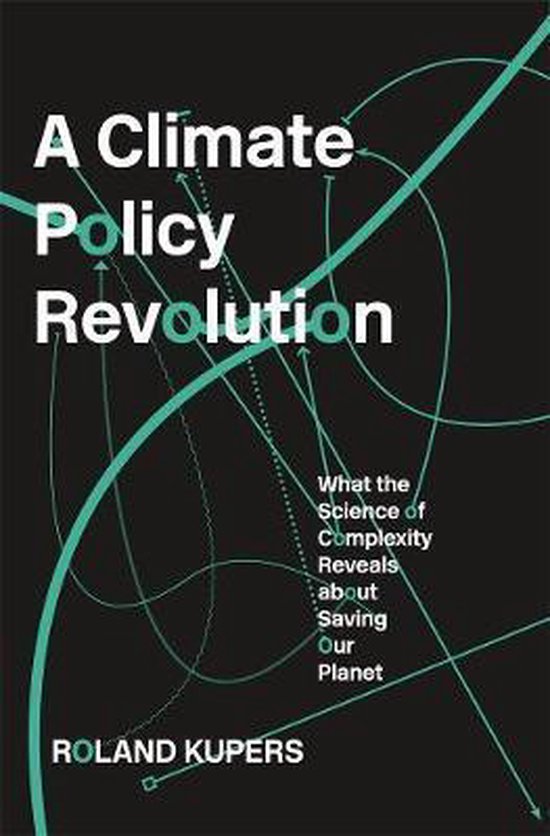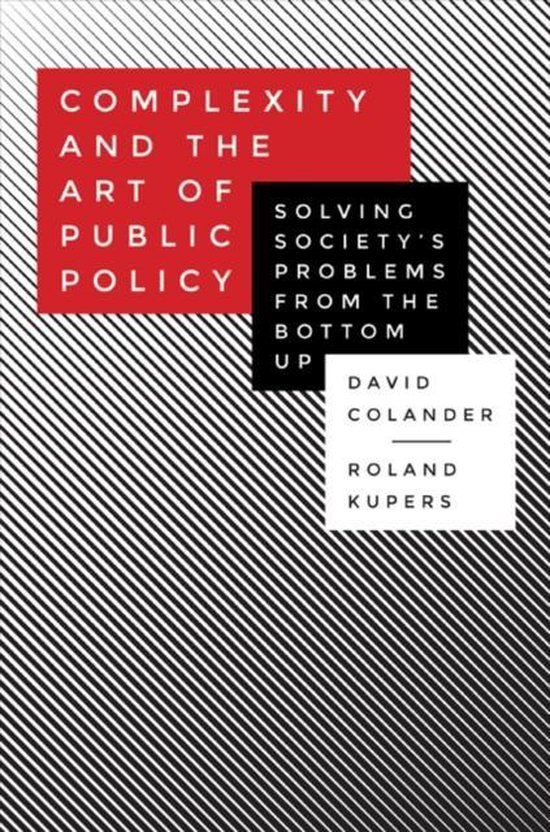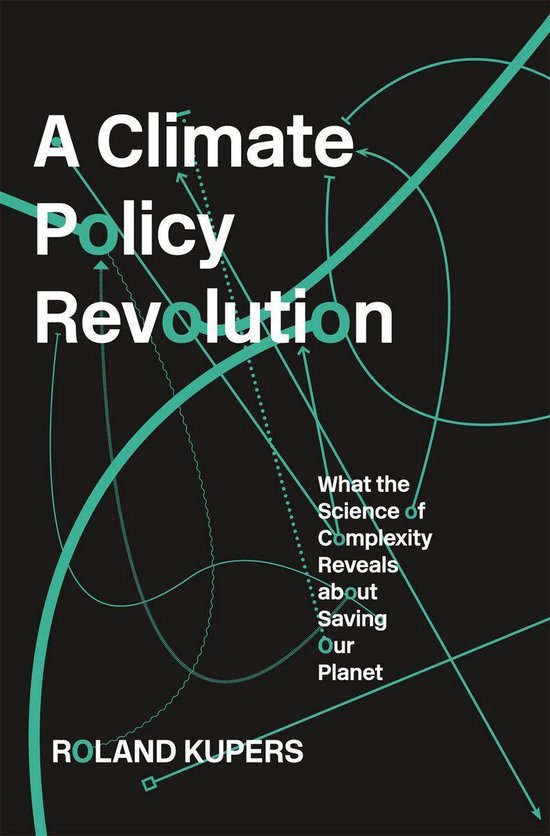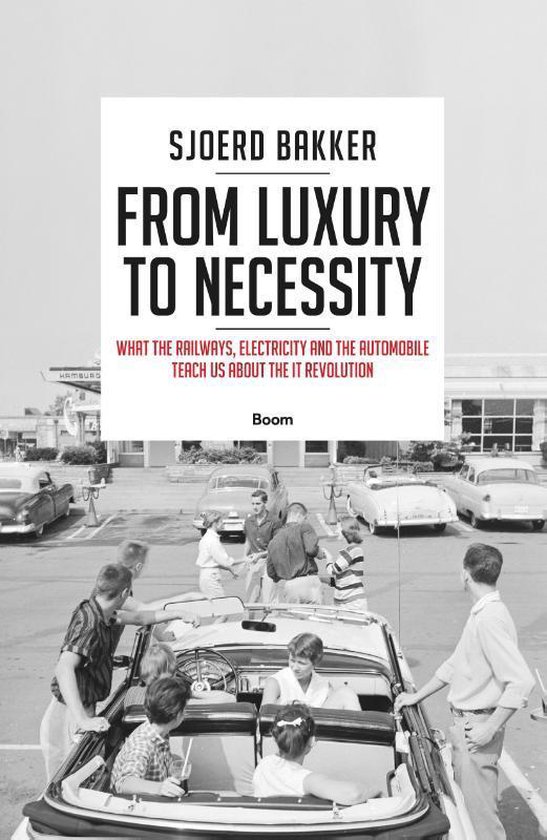
Climate Policy Revolution
Humanity’s best hope for confronting the looming climate crisis rests with the new science of complexity.
The sheer complexity of climate change stops most solutions in their tracks. How do we give up fossil fuels when energy is connected to everything, from great-power contests to the value of your pension? Global economic growth depends on consumption, but that also produces the garbage now choking the oceans. To give up cars, coal, or meat would upend industries and entire ways of life. Faced with seemingly impossible tradeoffs, politicians dither and economists offer solutions at the margins, all while we flirt with the sixth extinction.
That’s why humanity’s last best hope is the young science of complex systems. Quitting coal, making autonomous cars ubiquitous, ending the middle-class addiction to consumption: all necessary to head off climate catastrophe, all deemed fantasies by pundits and policymakers, and all plausible in a complex systems view.
Roland Kupers shows how we have already broken the interwoven path dependencies that make fundamental change so daunting. Consider the mid-2000s, when, against all predictions, the United States rapidly switched from a reliance on coal primarily to natural gas. The change required targeted regulations, a few lone investors, independent researchers, and generous technology subsidies. But in a stunningly short period of time, shale oil nudged out coal, and carbon dioxide emissions dropped by 10 percent. Kupers shows how to replicate such patterns in order to improve transit, reduce plastics consumption, and temper the environmental impact of middle-class diets. Whether dissecting China’s Ecological Civilization or the United States’ Green New Deal, Kupers describes what’s folly, what’s possible, and which solutions just might work.
| Auteur | | Roland Kupers |
| Taal | | Engels |
| Type | | Hardcover |
| Categorie | | Mens & Maatschappij |


